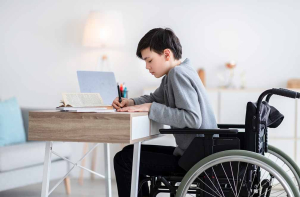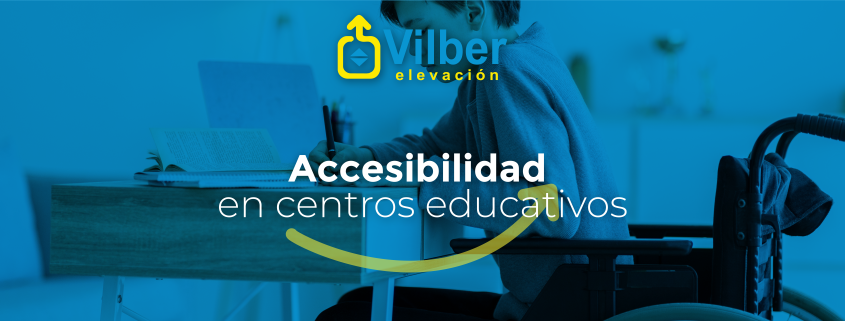How Elevate Charter Schools Can Improve Accessibility with Elevators
Elevate charter schools can greatly enhance inclusivity and equity by improving accessibility through elevators and mobility solutions. Elevators allow all students, including those with physical disabilities, to move independently within school facilities, ensuring equal access to education, shared spaces, and social opportunities.
Why should Elevate charter schools prioritize accessibility?
Accessibility is essential in creating inclusive learning environments where every student feels empowered to participate equally. Installing elevators in schools:
-
Removes physical barriers
-
Promotes student independence
-
Supports inclusive learning experiences
-
Aligns with disability rights and legal standards
Charter schools have the flexibility to lead by example in equitable education practices—and accessibility is a key component.

Who benefits from elevators in educational settings?
Although elevators are often installed to support students with physical disabilities, they benefit a wide range of individuals in the school community:
-
Students with mobility impairments: due to conditions like cerebral palsy, muscular dystrophy, or injury
-
Parents or caregivers with limited mobility
-
Teachers and staff with temporary or chronic conditions
-
Students using wheelchairs or walking aids
Elevators ensure that everyone can participate fully in school life, from classrooms to libraries and extracurricular activities.

How do elevators support inclusive education?
Elevators are part of a broader set of measures that schools should take to foster inclusion. Together with other accessibility adaptations, they:
Ensure physical access to all spaces
-
Access to all floors, including science labs, music rooms, and sports facilities
-
Easy evacuation routes during emergencies
-
Integration with other adaptations like ramps and wide corridors
Promote empathy and awareness
Schools that promote inclusion also create opportunities for all students to learn about physical differences, build empathy, and celebrate diversity.
Encourage curriculum accessibility
When students can physically access classrooms, it opens the door for more personalized learning plans, such as:
-
Assistive technology use
-
Flexible seating arrangements
-
Differentiated instruction
What are the legal and ethical reasons for installing elevators?
Installing elevators in charter schools is not just beneficial—it’s also aligned with legal obligations and ethical responsibilities:
-
ADA compliance (in the U.S.): Schools must provide equal access under the Americans with Disabilities Act.
-
Human rights in education: All students deserve equal opportunity, mobility, and participation in school life.
-
Institutional reputation: Schools that prioritize inclusion send a clear message about their values and commitment to equity.
What other steps can schools take toward accessibility?

Besides installing elevators, Elevate charter schools can adopt additional measures:
-
Accessible restrooms and entrances
-
Visual and auditory aids in classrooms
-
Staff training in disability awareness
-
Inclusion in extracurricular programs, like adaptive sports or accessible clubs
-
Student education on empathy, rights, and resilience
These initiatives ensure a holistic approach to accessibility that benefits everyone in the school community.
Why choose Elevadores Vilber for educational accessibility?
At Elevadores Vilber, we specialize in designing and installing elevators tailored to the specific needs of educational environments. We work closely with school administrators to ensure:
-
Compliance with all local and international regulations
-
Customized solutions for each building
-
Safe, reliable, and quiet elevator systems
-
Minimal disruption during installation
If your charter school aims to improve accessibility, we’re here to help. Contact us today to learn more about how we can support your inclusive education goals.




